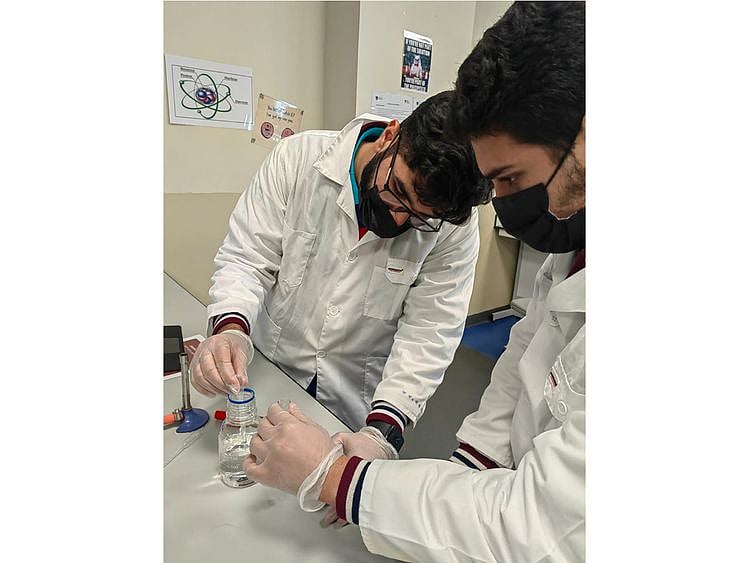Creative learning should be focused and relevant for today’s globalised world
It is essential for the Creative Science Schools to provide opportunities

Twenty first-century education is centred around providing students with the necessary technical skills and abilities required for success in today’s new world and nurturing their self-confidence to practice those skills. With a plethora of information readily available to them, 21st-century skills focus more on the comprehension of that information, its distribution, and its smart or effective utilisation.
To promote success in school and in life, it is essential for the Creative Science Schools to provide opportunities, as well as support students to plan their individual pathways through school, and for each to make a successful transition to their post-secondary destination.
While empowering students to design and plan their own lives, they become more engaged, they yearn to achieve, and they find themselves applying their lessons in their daily lives. In an environment that encourages such learning, students develop confidence in their school, knowing that its programmes are created with them in mind, that the world beyond school has something to offer them, and that they have something to offer the world.
It takes the whole education community – teachers, administrators, students, and parents – as well as the broader community to support students’ plan for success with their education, careers, and life. A comprehensive programme, one that focuses on guiding students’ development and is not limited to only transmitting information, can be transformational.
The goals of the education, career, and the life planning programme should be to:
* Ensure that students develop the knowledge and skills required to make informed decisions, pertaining to their education, career, and life, through the effective application of a four-step enquiry process.
* Provide learning opportunities - both in and out of the classrooms.
* Engage parents and the broader community in the development, implementation, and evaluation of the programme, to support students in their learning.
As for stakeholders, we have identified five criteria for effective stakeholder engagement in education:
* Better insight into stakeholders’ views and opinions
* The ability to make significant decisions at a rapid rate, and at a reduced cost
* Greater buy-in from stakeholders, who had played a larger role throughout the decision-making process
* Stronger likelihood of positive outcomes, owing to receiving access to a variety of ideas, and a broader awareness of the decision taken
* Improved trust towards leaders in education among stakeholders.
Sign up for the Daily Briefing
Get the latest news and updates straight to your inbox
Network Links
GN StoreDownload our app
© Al Nisr Publishing LLC 2026. All rights reserved.